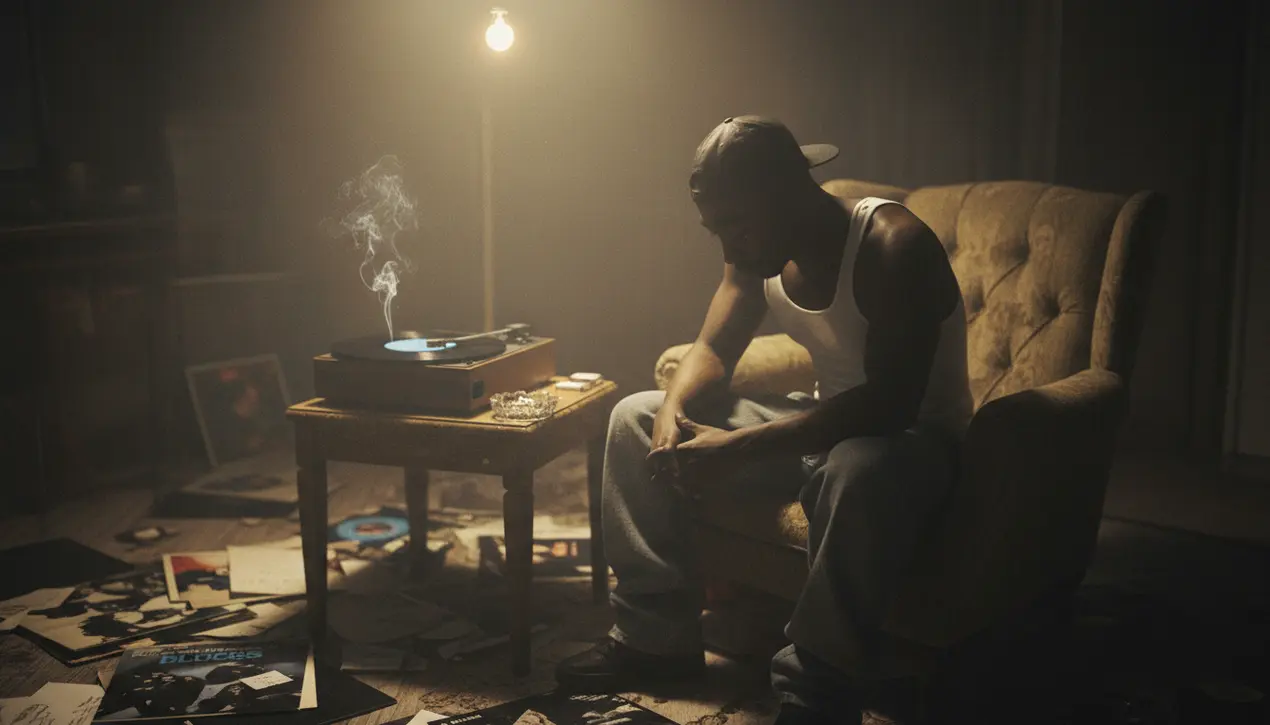
Entertainmentcelebrities
Tupac Shakur's 1994 Reflections on Life and Death.
BR
Brian Miller
1 hour ago7 min read
Tupac Shakur's 1994 Reflections on Life and Death resonate with the haunting quality of a blues record spinning on a turntable long after the party has ended. There was always a spectral quality to his artistry, a sense that he was chronicling a life he knew wouldn't last, making his music a raw, unfiltered documentary of a man racing against a clock only he could hear.Tracks like 'Death Around the Corner' weren't just songs; they were premonitions set to a G-funk beat, a chillingly accurate forecast of the violence that would claim him just two years later. This wasn't mere posturing or gangsta rap theatrics.This was a profound and deeply ingrained worldview, shaped by the brutal realities of his upbringing, the systemic pressures facing a young Black man in America, and the suffocating weight of his own meteoric success. He operated with a tragically ironic sense of paranoia, a constant, low-grade hum of anxiety that informed every bar he spat.Even at the pinnacle of his fame, with platinum records and starring film roles, Pac possessed a piercing clarity about the fragility of it all. He saw the ugliness lurking just beneath the glamour, the betrayal waiting in the shadows of loyalty, and he channeled that dour perspective into a body of work that remains devastatingly relevant.His reflections from 1994 are like listening to a ghost who hasn't yet passed, a man so acutely aware of his mortality that he turned his potential eulogy into his life's soundtrack. In interviews from that era, he'd speak about where he saw himself in a decade, his voice often laced with a heartbreaking mixture of hope and resignation, envisioning either monumental success or a tragic, early demise.This duality is the core of his enduring legacy—the thug life poet who yearned for peace, the revolutionary who craved love, the artist whose most prophetic work was the story of his own life. To listen to 'Me Against the World' or 'The Don Killuminati: The 7 Day Theory' now is to hear an artist in constant dialogue with the reaper, crafting his masterpiece under the grim assumption that tomorrow was never a promise. His music, therefore, becomes more than entertainment; it's a historical document, a psychological profile, and a timeless lesson in how art can be forged in the fires of impending doom, leaving behind a legacy that, much like a perfect, melancholic melody, continues to haunt us long after the final note has faded.
#Tupac Shakur
#hip hop
#death
#interview
#1994
#legacy
#music
#featured
Stay Informed. Act Smarter.
Get weekly highlights, major headlines, and expert insights — then put your knowledge to work in our live prediction markets.
Related News
Comments
Loading comments...
© 2025 Outpoll Service LTD. All rights reserved.